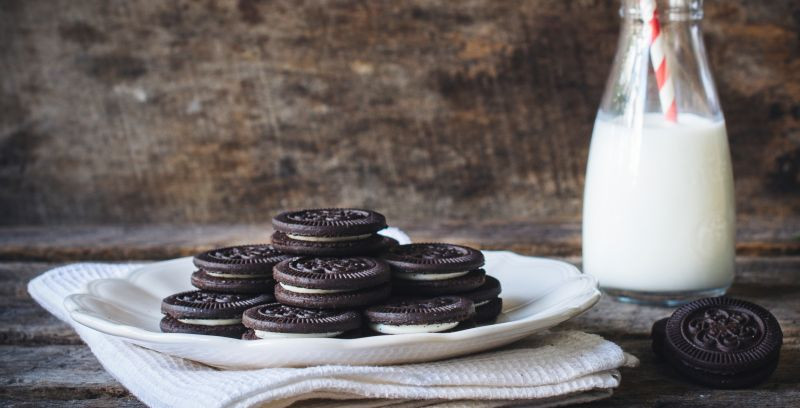Choosing which kind of milk to buy can be as tricky as buying a car for the first time. You go into the store (or onto the lot) thinking you know exactly what you want, until you see all the choices and start having second (and third and fourth) thoughts. This isn't like the old days where milk was milk, from the cow and pasteurized, and it magically appeared in bottles left on your front porch by the truck-driving, uniformed milkman. Those were the days; today, it's just a daze, trying to pick the right milk fit for you and your particular health or diet considerations. Let us count the wheys (allowing for a bit of semantic latitude here): there's whole milk and skim milk; 2-percent (reduced-fat) milk, 1-percent (low-fat) milk and nonfat milk; milk with lactose, mile without lactose; milk with rBST (recombinant bovine somatotropin, an artificial growth hormone) and milk without rBST; raw milk vs. pasteurized milk; goat's milk; soy milk; rice milk; almond milk; hemp milk; quinoa milk; potato milk; 7-grain milk; sunflower milk; coconut milk; cashew milk; and oat milk, although we could nitpick and say some of these plant-based milks don't pass real-milk muster. Before you get milked out, also consider there's organic vs. conventional, or sweetened vs. non-sweetened. Some come in different flavors, such as vanilla or chocolate. All this is enough to make us scratch our head or drive us to drink – milk, preferably. If a glass of chilled milk was good enough for Barnaby Jones, it should be good enough for us regardless of its makeup, right? Most nutritionists would say that this plethora of milk choices is a good thing, especially for vegans and those among us who can't drink dairy milk. More than ever, though, it requires a cautious buyer-beware approach, just like that overwhelmed first-time car buyer who hasn't yet learned how to kick the tires. "The choices also can be confusing," Chicago-based dietitian Dawn Jackson Blatner tells USA Today in a February 2015 article. "You really do need to do some homework and look at the labels." A good baseline for comparison's sake is regular cow's milk, which offers calcium, potassium, phosphorous, protein, vitamin A, vitamin D, vitamin B-12, riboflavin and niacin as essential nutrients. An eight-ounce serving contains 12 grams of sugar – not added sugar, like many of the other varieties of milk – but sugar from naturally-occurring lactose. From there, let the comparisons begin.
Top 3 Milk Choices for Your Cereal
Women's Health Magazine polled two expert college professors, asking them to rank the top three milk choices for putting on your cereal. The results:- Fat-free (skim) cow's milk;
- Light, unflavored soy milk; and
- Low-fat oat milk, described at womenshealthmag.com as "tasting like Quaker Instant with sugar mixed in."

